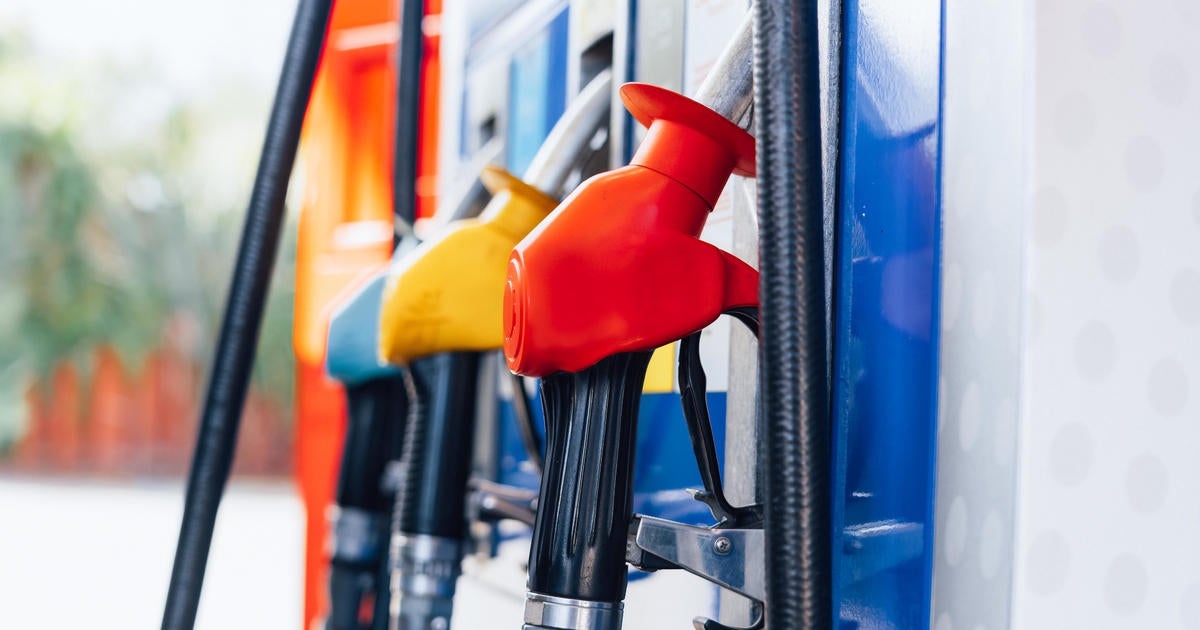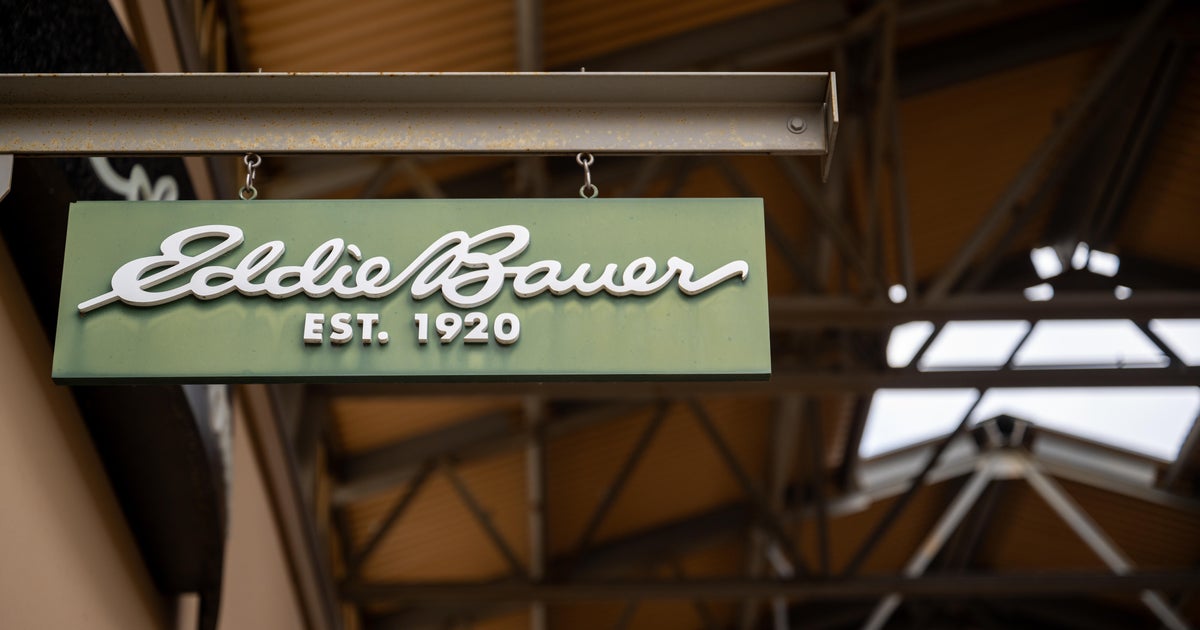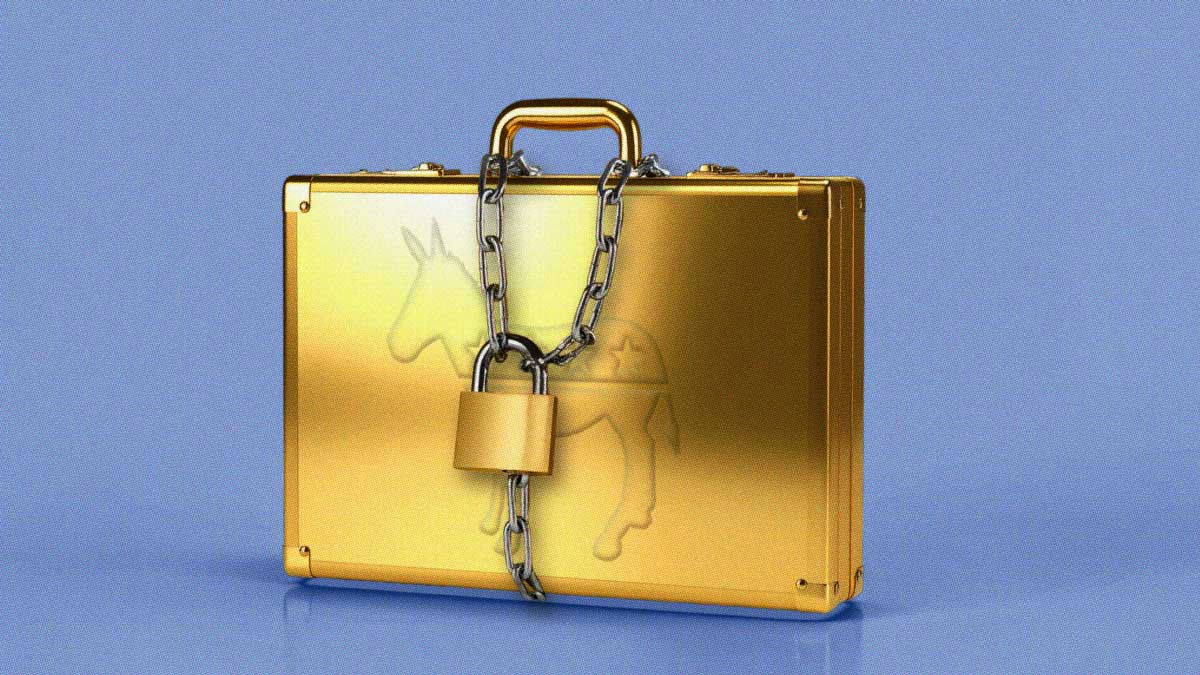Dozens of large companies "rigged" CEO pay during pandemic, study claims
Half of the 100 largest U.S. employers of low-wage workers adjusted their CEO pay packages last year, sweetening rewards for chief executives during the pandemic while cutting pay for average workers.
The study, from the Institute for Policy Studies, found that CEO pay at 51 of 100 companies whose compensation practices were examined by the left-leaning think tank rose an average of 29% last year. Meanwhile, many of those same companies reduced or furloughed its workers. As a result, the average worker's paycheck for 2020 fell 2% at those companies.
"The most common justification for pumping up CEO pay during the pandemic was that it was critical to 'retain talent,'" said Sarah Anderson, lead author of the IPS chief executive pay study. "The notion that one individual almost single-handedly creates corporate value, and so he should be paid whatever it takes to keep him from abandoning ship, has always been absurd. But in the middle of a pandemic crisis, when frontline employees are demonstrating just how essential they are to our economy and health, it's even more preposterous."
Swelling pay gap
The study cited a large auto-parts company called Aptiv, which made adjustments that boosted the total value of CEO Kevin Clark's total compensation to just over $31 million last year, according to a filing with the Securities and Exchange Commission. That was more than double the $15 million the company paid Clark in 2019.
At the same time, Aptiv, which changed its name from Delphi Automotive in 2017, cut the pay of its average worker by 19% last year, to $5,906 a year. That figure includes part- and full-time workers, as well as many employees who work for the company outside the U.S.
In its proxy statement, Aptiv said the $31 million pay figure for its CEO includes an accounting adjustment that does not reflect actual compensation. The company said that excluding the adjustment, its CEO made $13.5 million last year, down 11% from 2019. Based on that lower number, Clark's 2020 pay was 2,279 times that of median employees, up from up 2,077 times in 2019.
An Aptiv spokesperson said the company's pay ratio reflected that many of the company's workers live outside the U.S., as well as the accounting adjustment.
"Less than half of what was reported for 2020 was actual CEO compensation," the spokesperson said. "The proactive steps to protect the safety and welfare of our employees [during the pandemic] and deliver for customers enabled Aptiv to maintain a strong workforce and resilient operations."
"Dirty secret"
The IPS study echoes earlier reports, including an article last month by CBS MoneyWatch, showing that many large companies relaxed their pre-pandemic executive performance goals last year in order to boost corporate leaders' pay, when the financial results alone did not justify it.
A separate Bloomberg report found that the compensation committees of more than 300 companies in the S&P 500-stock index changed their executive compensation metrics last year. That enabled the executives as a whole to reap hundreds of millions of dollars in bonuses that would have been wiped out without those adjustments, according to the news service.
The IPS study attributes the rise in CEO pay to what it calls a "rigged" system that rewards top executives even when companies perform poorly, as many did last year during the pandemic.
Others counter that CEOs get much of their compensation in stock and options rather than cash, which is viewed by compensation consultants as a good way to tie execs' pay to company performance.
But when the stock market and the economy diverge, as they did in 2020 — the stock market surged to record highs last year despite the pandemic-stalled economy — CEO pay and financial results can diverge as well.
"CEO pay last year revealed the dirty secret that CEOs are not really paid based on their own individual performance," said Brian Rees, deputy director of corporations and markets at the AFL-CIO. "When you compensate CEOs based on share prices, it incentivizes destructive behavior, but also contributes to economic inequality."



